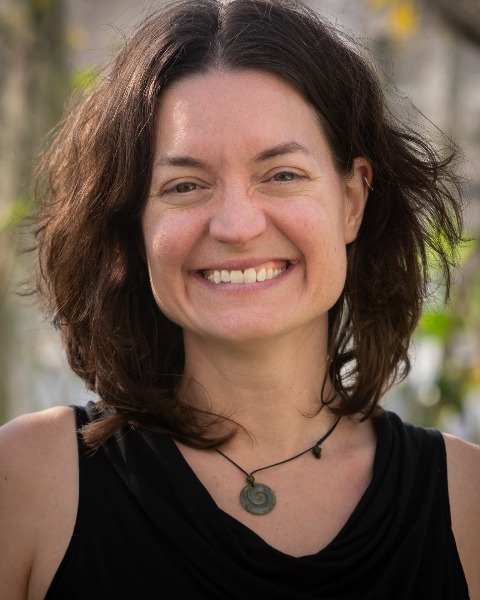Back
Contributed Talk
Session: : Effects Of Multiple Global Changes On Communities And Ecosystems 1
COS 60-3 - Democratizing Science: Translational Ecology, Participatory Monitoring, and Inclusivity to Address Global Change
Tuesday, August 8, 2023
8:30 AM - 8:45 AM PDT
Location: D137

Toni Lyn Morelli
Research Ecologist
U.S. Geological Survey, Northeast Climate Adaptation Science Center
Amherst, Massachusetts, United States
Presenting Author(s)
Abstract: Climate change is moving fast and breaking things. Our traditional ways of doing science are insufficient. We developed the subfield of Translational Ecology (TE) to achieve actionable science by bringing together researchers and practitioners to collaborate throughout the process; the goal is to more directly serve the needs of natural resource managers and decision makers. I will provide an overview of recent developments in TE and knowledge coproduction, increasing the engagement of resource managers and practitioners. In addition to this paradigm shift, public science and participatory monitoring are providing the vast amounts of data needed to answer questions about the impacts of global change on species and ecosystems. I will highlight examples of how these approaches are giving us a chance to understand how global change will affect species and ecosystems, and also how opportunistic data collection creates new challenges. Finally, the conservation and management needs of the 21st century require the involvement of more of our society, of a range of ideas and perspectives, and the energy and motivation of a younger, more diverse generation. I will speak about how TE, and participatory monitoring, can act as either an opportunity or a barrier to a more inclusive and equitable scientific endeavor, and how examples are accumulating for how we can do better.
